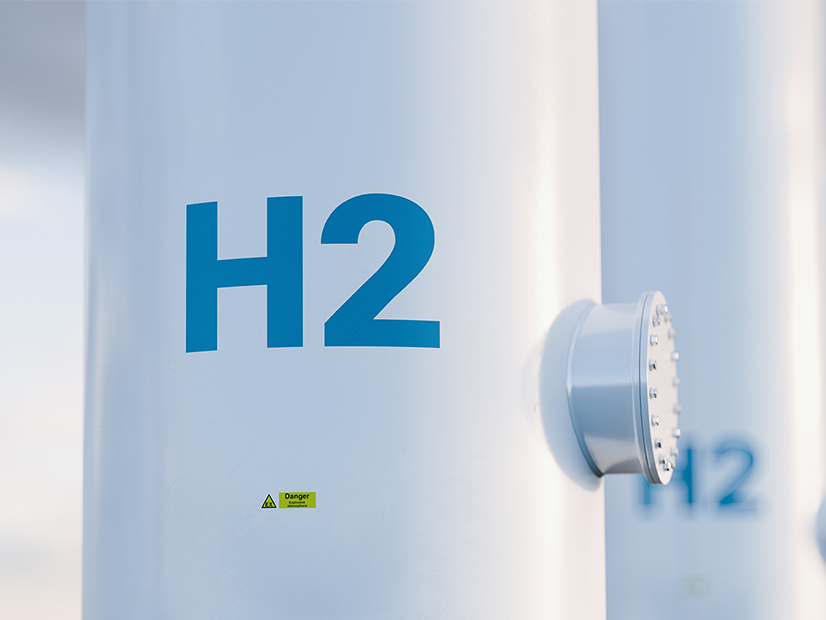
The Biden administration’s decision to make hydrogen key to decarbonizing the economy appears likely to pause the fierce competition for new industry among some states, including Ohio, Pennsylvania and West Virginia, three Rustbelt states in northern Appalachia.
The three states in February launched their own preliminary initiatives in preparation for the U.S. Department of Energy’s competitive bidding process for hydrogen manufacturing hubs, set for later this spring.
A Pittsburgh-based alliance of shale gas companies and heavy industry, including Ohio-based Marathon Petroleum, announced its formation on Feb. 3 to local business media on letterhead of shale gas company EQT. The group committed to working “with stakeholders on a shared vision for a low-carbon and hydrogen industrial hub in Ohio, Pennsylvania and West Virginia.”
Other members of the alliance are Norwegian energy company Equinor, GE Gas Power, Mitsubishi Power Americas, U.S. Steel and Shell Polymers, which is building a polyethylene plant 30 miles from Pittsburgh, cracking ethane molecules extracted from natural gas. Ohio was a runner up in the competition for the cracker plant.
On Feb. 9, the Ohio Clean Hydrogen Hub Alliance, an organization with 70 members including Dominion Energy Ohio and Columbia Gas of Ohio, announced it intended to compete to convince DOE to put a hydrogen hub in Ohio. The alliance had been organized by the Stark Area Regional Transit Authority (SARTA) — a public transit company with a fleet that includes 20 emission-free hydrogen fuel cell buses — and the Midwest Hydrogen Center of Excellence at Cleveland State University.
And by Feb. 25, the West Virginia Hydrogen Hub Working Group, consisting of Gov. Jim Justice and U.S. Sens. Joe Manchin (D) and Shelley Moore Capito (R), announced it had held its first meeting.
But by the end of last week, participating industries — and state government representatives from the three states — attended a phone conference initiated by the Battelle Institute, a global research and development organization headquartered in Columbus, Ohio, that is familiar with and to DOE because it manages nine federal laboratories.
DOE has $8 billion authorized by the Infrastructure Investment and Jobs Act to foster the development of four regional hydrogen hubs, including two regions with heavy natural gas development. That makes northern Appalachia, with its Marcellus and Utica shale plays, a qualified candidate.
The region produced 32.5 Bcfd in 2020 and averaged 31.9 Bcfd in the first half of 2021, more than any other region, according to the Energy Information Administration. DOE intends to accelerate the production of so-called “blue” hydrogen, produced by steam reformation of methane with the resulting carbon dioxide either used commercially or sequestered permanently in geological formations.
The cost of blue hydrogen is currently a fraction of the cost of green hydrogen, produced with renewable power through electrolysis. In addition to the $8 billion to foster the creation of regional hydrogen hubs, the infrastructure law authorizes DOE to spend another $1 billion to accelerate hydrogen electrolysis programs and $500 million for hydrogen manufacturing and recycling initiatives. The department refers to both blue and green hydrogen as “clean hydrogen.”
“Clean hydrogen is key to cleaning up American manufacturing and slashing emissions from carbon-intensive materials like steel and cement while creating good-paying jobs for American workers,” U.S. Secretary of Energy Jennifer Granholm said in a Feb. 15 statement announcing a request for information from the public that it will use in its creation of the hydrogen hub program. That input is due Mar. 8. Reponses to another RFI, on clean hydrogen manufacturing, recycling and electrolysis, are due Mar. 29.


